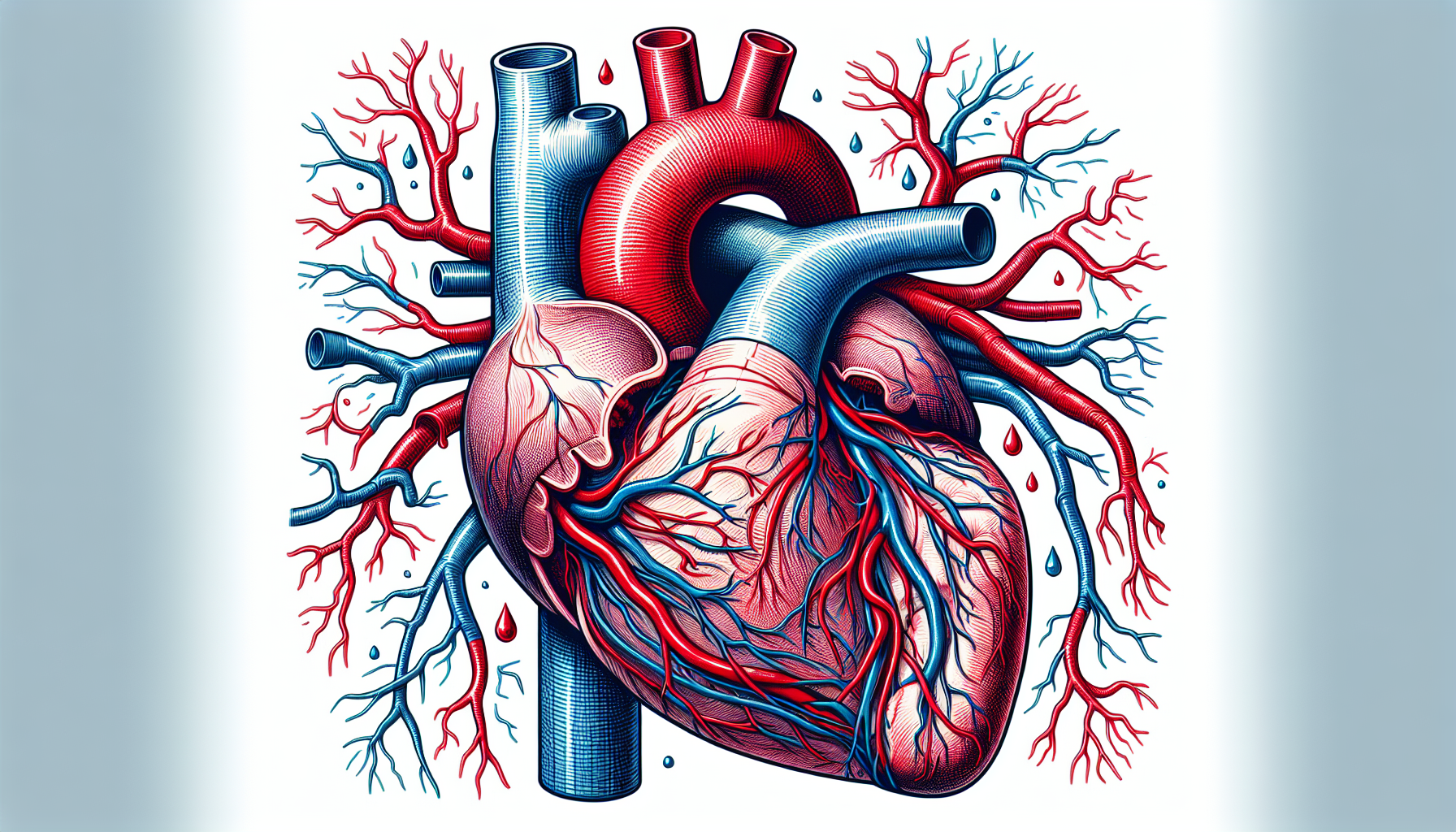Cardiovascular health is a critical aspect of overall well-being, and the role of medication in maintaining and improving heart health cannot be overstated. With heart disease remaining a leading cause of death worldwide, understanding how medications can prevent, manage, and treat cardiovascular conditions is vital for patients and healthcare providers alike.
Understanding Cardiovascular Health
Cardiovascular health refers to the efficient functioning of the heart and blood vessels, ensuring adequate blood flow to various parts of the body. Factors affecting cardiovascular health include genetics, lifestyle choices, environmental factors, and the presence of other health conditions. The heart, being the centerpiece of the cardiovascular system, requires particular care, and medication can play a substantial role in this process.
Medication’s Role in Treating Cardiovascular Diseases
Medications are often the first line of defense against heart disease. They can help manage symptoms, improve heart function, and slow the progression of the condition. Some commonly prescribed medications for heart health include:
- Statins to lower cholesterol levels and reduce the risk of heart attacks.
- Antihypertensives such as ACE inhibitors or beta-blockers to control high blood pressure.
- Anticoagulants to prevent blood clots that can lead to stroke.
- Antiarrhythmics to manage irregular heartbeats.
- Diuretics to reduce fluid buildup in the body, lowering the burden on the heart.
Each class of medication works differently, targeting specific aspects of cardiovascular function to optimize heart health.
The Interplay Between Medication and Lifestyle
While medications are powerful, they work best in conjunction with a healthy lifestyle. Diet, exercise, and stress management are pillars of cardiovascular well-being. Engaging in regular physical activity, consuming a heart-healthy diet, and avoiding tobacco can enhance the effectiveness of medications and contribute to overall heart health. The impact of lifestyle on supplement absorption is also noteworthy, as a balanced diet can influence how well the body utilizes nutrients from both food and supplements.
Integrating Supplements for Cardiovascular Support
Supplements can also play a supportive role in cardiovascular health. Omega-3 fatty acids, for instance, have been shown to support heart health by reducing triglyceride levels and inflammation. Additionally, fiber supplements can help lower cholesterol, and coenzyme Q10 may improve the function of the heart muscle. It is crucial to understand the interaction of supplements with prescription medications to avoid adverse effects and ensure that both are working effectively.
Personalized Medicine in Cardiovascular Health
The field of personalized medicine is revolutionizing cardiovascular care by tailoring treatments to the individual’s genetic makeup, lifestyle, and other factors. This approach can improve the efficacy of medications and reduce the likelihood of side effects. Advances in personalized medicine also have implications for the use of supplements, as they can be customized to address specific nutritional deficiencies or genetic predispositions related to heart health.
Choosing the Right Medication and Supplements
Selecting the appropriate medication and supplements for heart health involves a thorough evaluation of the patient’s health status, medical history, and current medications. Healthcare providers must consider potential drug interactions and the specific needs of the patient, such as the unique challenges faced by geriatric patients or those with chronic conditions. It is also essential to understand the mechanisms of drug release and how they affect the body over time.
External Resources for Further Information
For those seeking more in-depth knowledge on the role of medication in cardiovascular health, several niche and specific resources are available:
- The American Heart Association provides extensive information on heart disease and treatments.
- The Journal of the American College of Cardiology offers cutting-edge research articles on cardiovascular medicine.
- ClinicalTrials.gov lists ongoing clinical trials on heart medications, providing insights into the future of heart health treatments.
- The National Center for Biotechnology Information features a vast database of scientific studies, including those related to cardiovascular medication and supplements.
Conclusion
Medications are indispensable in the fight against heart disease, working in unison with a healthy lifestyle and appropriate supplement use. As our understanding of the heart advances, so does our ability to create more effective and personalized treatment plans. By staying informed and working closely with healthcare professionals, individuals can take proactive steps towards maintaining optimal cardiovascular health.



